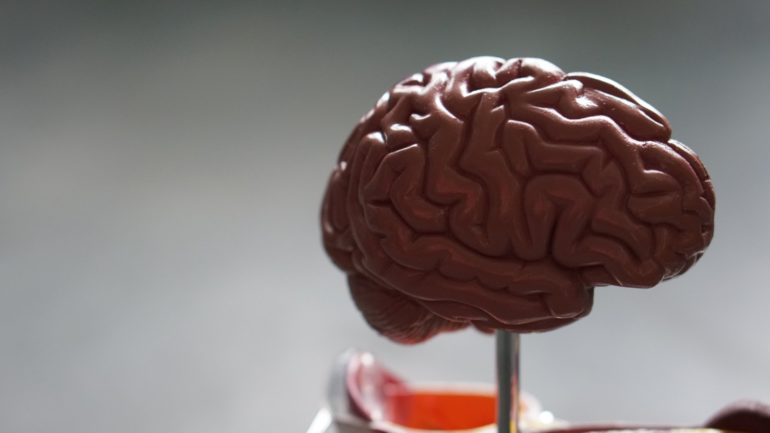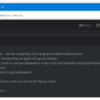A team of researchers working at the Rush Alzheimer’s Disease Center in Chicago, has found that it is possible to use post-mortem MRI scans to study associations between physical activity and cognition in older adults. They have written a paper describing their work and have uploaded it to the open-access site, PLOS ONE.
Prior research has suggested that physical activity later in life can promote healthier grey matter in the brain. More recently, some research has suggested the same might be true for white matter. In this new effort, the researchers wondered if it might be possible to use MRI scans taken after death to learn more about the benefits of exercise on cognitive skills for older people.
To find out if that might be the case, the researchers looked to the Rush University Memory and Aging Project. Researchers and volunteers with the project (which has been going on since 1997) have been using fitness trackers to compare differences in cognitive abilities between older participants in the project depending on how much they exercise. Volunteers are asked to wear a watch-like device that monitors their physical activity for up to 10 days at a time. That data is then compared with other data obtained by asking the same volunteers to undergo cognitive testing. In comparing data from the two sources, the researchers are hoping to learn more about the impact of exercise on cognitive abilities as people age.
The researchers with this new effort, carried out MRI scans on 318 of the volunteers in the project after they had died (average age at time of death was 91.1 years) to see if they could spot any changes in brain matter that might have resulted from participating in physical exercise.
In comparing data gathered while the volunteers were still alive and in the project with the MRI images taken and also from in vivo testing, the researchers found what they describe as a link between daily activity levels, white brain tissue microstructure and overall cognition levels. More specifically, they found two metrics related to brain structure that they were able to associate with daily physical activity and cognitive abilities—metrics that they suggest might explain the benefits of physical activity on improved cognition.
Spending time on household chores may improve brain health
More information:
Robert J. Dawe et al, Physical activity, brain tissue microstructure, and cognition in older adults, PLOS ONE (2021). DOI: 10.1371/journal.pone.0253484
2021 Science X Network
Citation:
Using post-mortem MRI scans to study association between physical activity and cognition in older adults (2021, July 8)
retrieved 8 July 2021
from https://medicalxpress.com/news/2021-07-post-mortem-mri-scans-association-physical.html
This document is subject to copyright. Apart from any fair dealing for the purpose of private study or research, no
part may be reproduced without the written permission. The content is provided for information purposes only.



